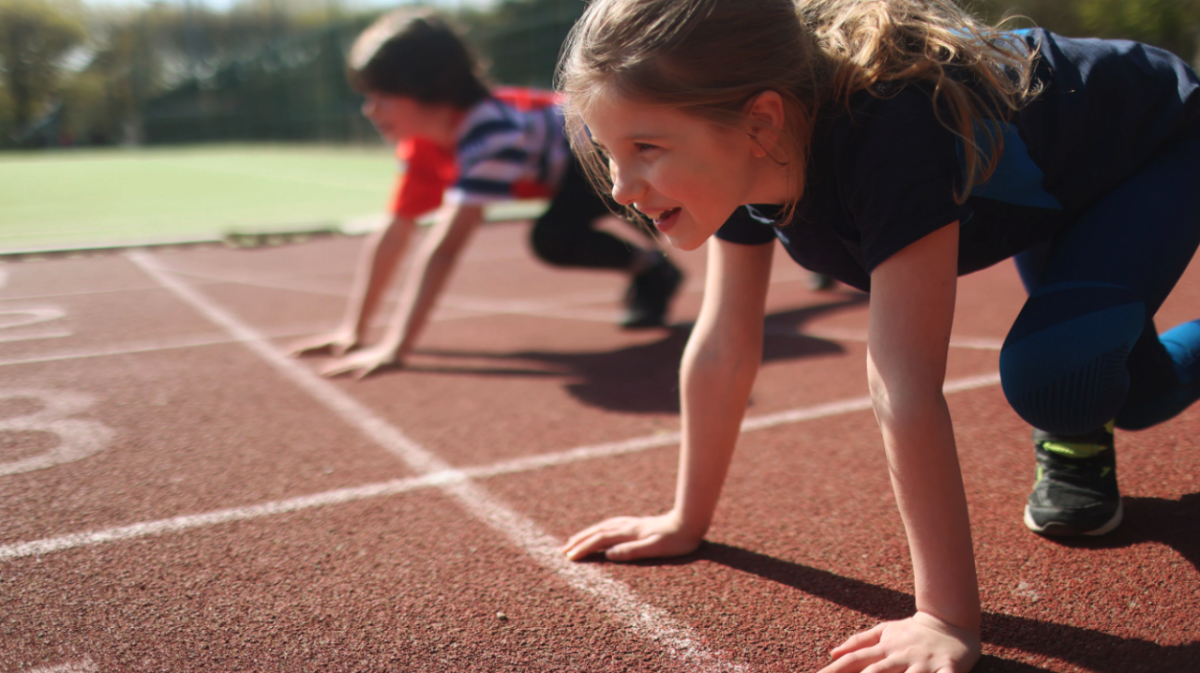New IOC-Who Cooperation Programme Strengthens Role of Sport in Building Healthy and Active Communities

International Olympic Committee news
A recent World Health Organization (WHO) report shows that 81 per cent of are not undertaking sufficient physical activity. In response to the situation, a new joint programme between the IOC and WHO aims to strengthen the role of sport in contributing to the global target of a 15 per cent reduction in physical inactivity by 2030 and fostering healthy and active lives.
Creating active communities
The three-year programme forms part of the IOC’s Olympism365 strategy, focused on strengthening the role of sport as an enabler for the UN SDGs.
“Sports participation is an extremely low-cost but highly effective tool for health and promoting physical activity. It also has the power to foster healthier communities,” said IOC President Thomas Bach. “With this new programme, which is another testament to the fruitful cooperation between the IOC and WHO, we want to contribute to a more active and healthier society. We are doing so by promoting the value of sports participation for people of all ages and abilities, hence helping to shape a better world through sport.”
“Sport is one of the most effective, enjoyable and universal pursuits to improve health for all people,” said Dr Tedros Adhanom Ghebreyesus, WHO Director-General. “As part of our sports and health programme, WHO is excited to further strengthen our collaboration with the IOC and the Olympic Movement to move communities, and mobilise action, to increase opportunities for people to be physically active and healthier.”
Informed by the WHO landmark Global Action Plan on Physical Activity (GAPPA) 2018–2030 and Olympism365, the programme will be implemented with three objectives in mind:
- Improve access and retention in targeted community sports and physical activity programmes, supporting more people, particularly women and girls and people from diverse backgrounds and abilities, to be more active;
- Enhance knowledge, understanding of, and appreciation for, the multiple benefits of regular physical activity and sports participation including prevention of non-communicable diseases, improved mental health and well-being and social connections.
- Strengthen policy planning and investment in community sport and physical activity participation opportunities and infrastructure and the physical activity legacy of the Olympic Games and other global sport events.
The IOC and WHO will join up to provide guidance, training and toolkits to both health and sports organisations to assist with the design and implementation of programmes aimed at helping more people to benefit from participating in community sport.
In addition, the organisations will convene policy makers, practitioners and researchers from across health and sports sectors to share successes, learning and good practice in working towards this objective. Simultaneously, the IOC will provide both financial and technical assistance to support community sports and physical activity programmes co-delivered by health and sports organisations.
Slow progress towards increasing population levels of physical activity
It is widely recognised that physical activity promotes both mental and physical health and that participating in safe and inclusive sports opportunities is a key way for people to get active. Regular physical activity is beneficial for people of all ages and abilities, and it is never too late to start being more active and less sedentary to improve health. However, according to WHO, actions to efficiently reduce physical inactivity are slow and unequal, with the COVID-19 pandemic having set things back even further.
WHO recently published its first ever Global status report on physical activity, which tracks worldwide progress against the aims set out in its GAPPA. Drawing on data from 194 countries and published in October 2022, the WHO report reveals that between 2020 and 2030 the cost of preventable non-communicable disease (NCD) attributed to physical inactivity will be nearly USD 300 billion (USD 27 billion a year).
This situation affects not only individuals over their life span and their families, but also health services and society as a whole.
Enabling the Sustainable Development Goals
The IOC is partnering with WHO on this initiative as a key part of the Olympism365 Sport, Health and Active Communities portfolio, which focuses on increasing people’s access to safe, inclusive and health-promoting sports participation opportunities. Through this portfolio, the IOC will work with partners to use sport to help improve people’s mental health and well-being, while also supporting them to find a community through sport and connecting with Olympism.
Olympism365 is guiding the IOC’s ongoing work to strengthen the role of sport as an important enabler for the UN SDGs – the focus of Recommendation 10 of Olympic Agenda 2020+5. The strategy was endorsed in October 2021 by the IOC Executive Board, which acknowledged the importance of taking a strategic approach to maximise the positive impact of Olympism and sport in society.
“Olympism365 shows the importance of sport to communities and societies around the world,” said Auvita Rapilla, IOC Member and Chair of the IOC’s new Olympism365 Commission. “This new initiative will play a vital part in our Sport, Health and Active Communities portfolio, showing people worldwide the valuable role that sport can play in their lives.”
The IOC and WHO have enjoyed a longstanding partnership since 1984 leading to numerous joint initiatives to fight physical inactivity through sport. In May 2020, the two organisations signed a new Cooperation Agreement, demonstrating their shared commitment to promoting healthy lifestyles, including physical activity, sport and active recreation, as a tool for health across the globe.

